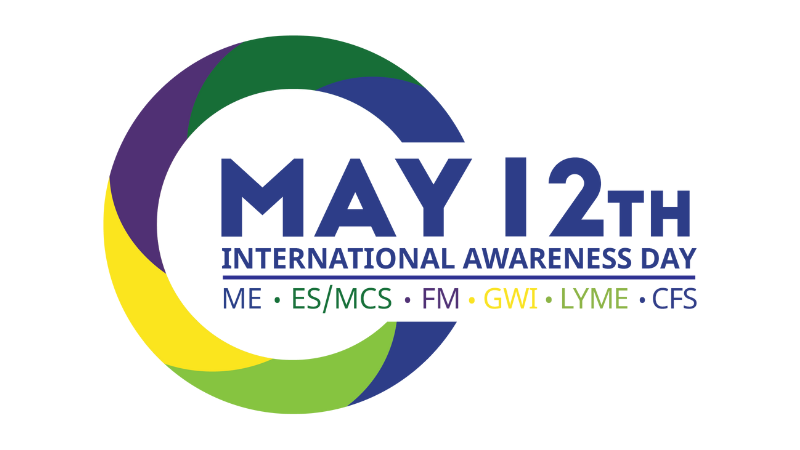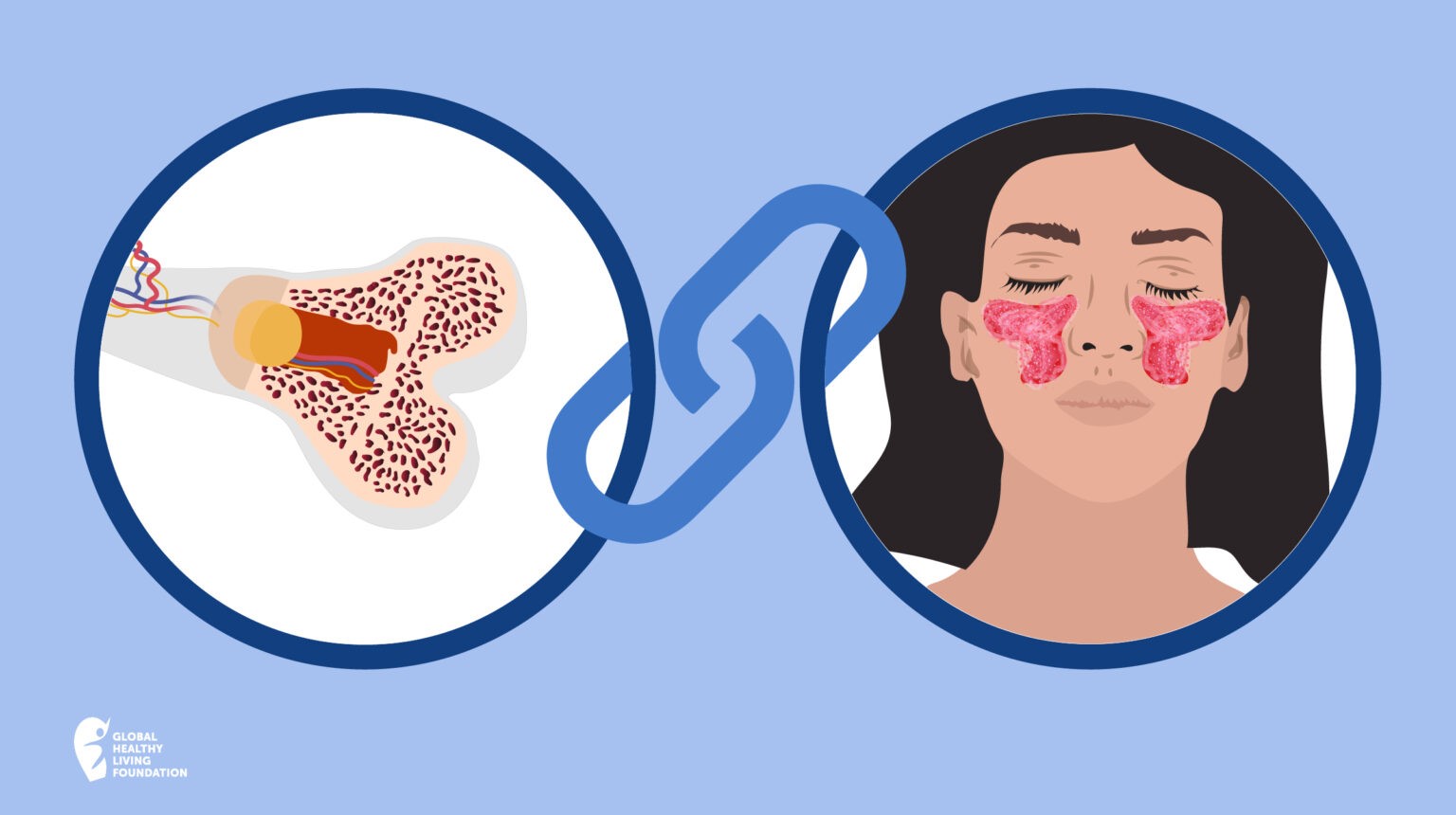CreakyJoints Australia was delighted to have a chat with Dr Rebecca Grainger, while we were in Auckland attending the NZRA & ARA Joint Annual Scientific Meeting. Rebecca is a Rheumatologist for Hutt Valley District Health Board (DHB) and senior lecturer at the University of Otago in Wellington, New Zealand. We asked her about life as a Rheumatologist in New Zealand.
How long have you been a rheumatologist?
Since 2005. Doing rheumatology for 15 years.
What made you choose rheumatology?
Did an undergraduate degree in immunology and became interested in the immune system. I knew there would be new treatments on the horizon that would change the world for inflammatory diseases. I wanted to help people get on with life. I also loved that I could get to know someone over a long period of time — because I’m a people person. I enjoy going on a journey with people.
What sort of patients do you see? What sort of diseases are most common in your practice?
I’m in a public hospital practice, and we mainly see inflammatory autoimmune diseases. Rheumatoid, Psoriatic, AS, Gout and then all of the other smaller types of inflammatory arthritis as part of that umbrella.
Have you seen big changes over the past decade?
Phenomenal difference! I now teach undergraduate students rheumatology, and I say “when I was sitting where you are, everything I was taught was wrong!” That’s been a fundamental change. In my own hospital we used to have a 12 bed inpatient ward, which is now closed. Our patients no longer need to stay in the hospital for rehabilitation or long term treatments.
What sort of proportion of your patients are indigenous?
We don’t have really good population based epidemiology data for all the types of arthritis. There is some data that says that the Maori have lower incidence of RA but higher incidence of gout.
What challenges do patients in NZ have?
Access to specialist services. The number of full-time rheumatologists in the healthcare system is not as high as it should be. The biggest problem isn’t seeing a doctor for diagnosis, but for the follow-up. For patients, difficulty with emotional support, adjusting to living with a chronic disease diagnosis, access to the supportive services — these are key day-to-day challenges. And pain management is another key unmet need.
How many rheumatologists are there in NZ?
In total about 65 rheumatologists, but they’re under employed. We need to see more rheumatologists employed in the public health system. Access to rheumatologist services is a huge problem.
If you have Osteoarthritis and you are referred to a rheumatologist in a public hospital — you’d be declined. Same with Fibromyalgia. We can’t see all of the referrals with RA in a timely fashion, and we have to prioritise the more serious conditions. It’s rationing.
About 25% of New Zealanders have private health insurance, but the bulk of the services are provided in the public health hospital system.
What are your thoughts on medical marijuana?
It’s difficult as an evidence based western trained clinician. When I recommend something I have to fall back on the efficacy and safety profile. And the problem with marijuana is there isn’t the evidence for me to recommend in the same way. It’s also illegal in NZ. I’m open and very interested in getting more data.
Rebecca’s overarching principle as a doctor:
Leave the world a better place and treat everybody as if they’re my own family member.




